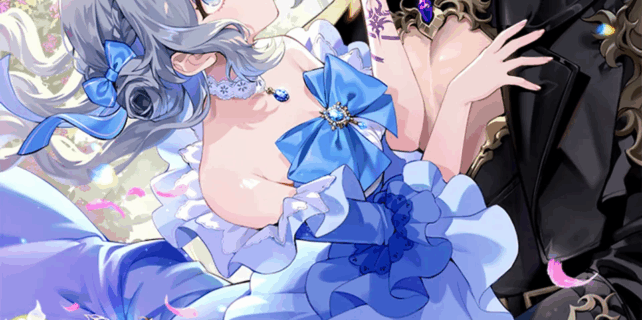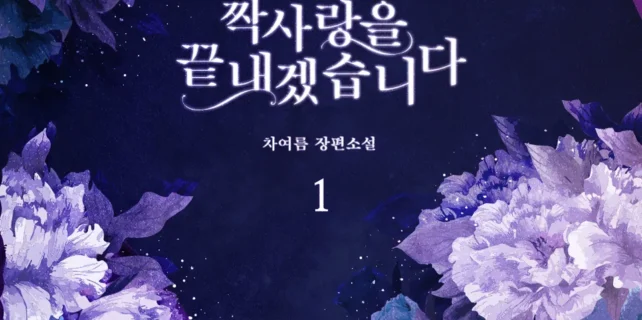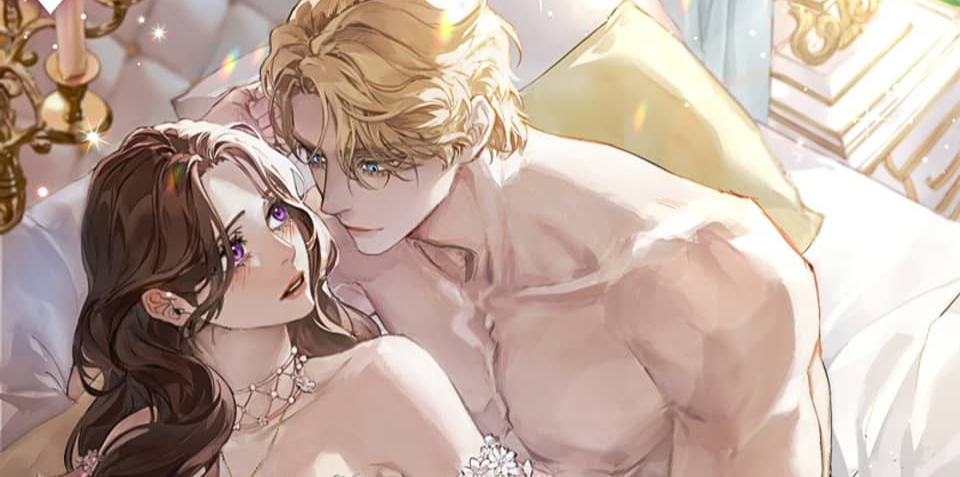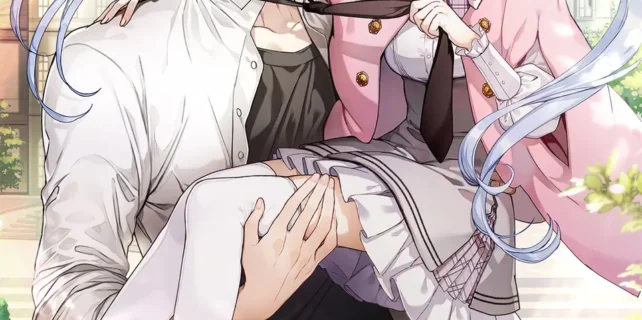Don't Be Holy! - Chapter 9
‘And the help of such people usually doesn’t solve the root of the problem—it only makes it worse.’
In sync with the grandmother’s words, Eir’s memories deepened.
At first, everyone rejected Eir, as if refusing to be thrown into such disgrace. But over time, one or two people began to approach her, driven by curiosity. Soon, a flood of people came, demanding Eir’s blessings.
Day after day, she bestowed blessings until her divine energy was depleted, watching as those she blessed spiraled into indulgence and pleasure.
The temple was never free of the screeching sounds of moaning. The other priests, perhaps restrained by the words of High Priest Magnar, remained silent, but their disdain and contempt for Eir were visible.
‘Let’s see how long you can endure.’
Just as they didn’t believe Magnar’s words that Eir would truly become great, Eir herself couldn’t imagine a future for herself while witnessing the eyes of those who exploited her blessings daily.
And the moment High Priest Magnar passed away, they wasted no time casting her out to the Purification Squad.
That was how she ended up in her current situation.
Coincidentally, a witch attacked. Eir, in an act of desperation, pushed someone falling alongside her to safety, taking their place as she plummeted downward.
Wasn’t that enough? Surely, the task entrusted to her by the Gods was fulfilled? After enduring such a long period of chaos, giving blessings, and enduring moans, wouldn’t the Gods forgive her for her twisted time?
Eir fled. And now, all she hoped for was…….
‘You wish everyone would forget you, yet strangers would treat you with friendliness, don’t you?’
What she longed for was for her shame to be erased.
As Eir blankly looked up, the grandmother smiled confidently. Perhaps because she was also a traitor, she seemed to understand Eir’s feelings better than anyone else.
‘I’ll grant you a curse. Everyone who remembers you will forget you. And the people of this village will welcome you as if you’ve lived here for a long time. How about it? Will you live here under a curse?’
‘Why is that a curse?’
‘Because once cursed, you’ll be bound to this land forever. It only works here. If you leave, those who remember you will slowly regain their memories. So, will you still accept the curse?’
How could she refuse?
Eir accepted the curse, and from that day, no one remembered the priestess named Eir.
The grandmother explained three rules about the curse that Eir had to keep in mind.
First, never leave the village.
Second, avoid meeting anyone who might deeply remember her. If she does meet such a person, she must neither speak nor act in ways that remind them of the past.
Third, on the rare chance that someone she knows appears in the village, she must send them away immediately.
‘As long as you follow these rules, you can live here peacefully.’
The grandmother spoke with unwavering certainty.
Even when Eir suggested they practice a story to explain her presence in the village, the grandmother dismissed her. Instead, she directed Eir to touch a stone on the altar in a room filled with tree roots while muttering an incantation. She didn’t bother to decide whether Eir would be introduced as her granddaughter or someone entrusted to her care.
The reason was simple, the grandmother had already cast a spell on the village. Anyone who touched the stone and recited the incantation would be recognized as a long-time resident.
When Eir first met the village chief, he merely greeted her with a casual, ‘Did you settle in well yesterday?’
It was true—this spell was undeniably convenient. Without the need to lie, the villagers naturally distorted the truth in ways that suited them, accepting it as fact.
One day, unsettled and curious by the spell’s ability to manipulate the villagers’ minds so thoroughly, Eir asked the grandmother to explain how it worked. The grandmother, examining herb seeds through a magnifying glass, stopped and looked up at Eir.
For a moment, a strange light flickered in her eyes before vanishing.
‘It’s simple. I’ve lived in this village for a very long time. That’s all there is to it.’
But the grandmother didn’t elaborate further, lowering her gaze back to the seeds.
She explained that her prolonged presence in the village, even before the villagers had fully settled, had made her very existence a kind of ‘spell’.
‘Think about it. Imagine a massive tree that has stood in the village for generations. Would anyone question its presence?’







